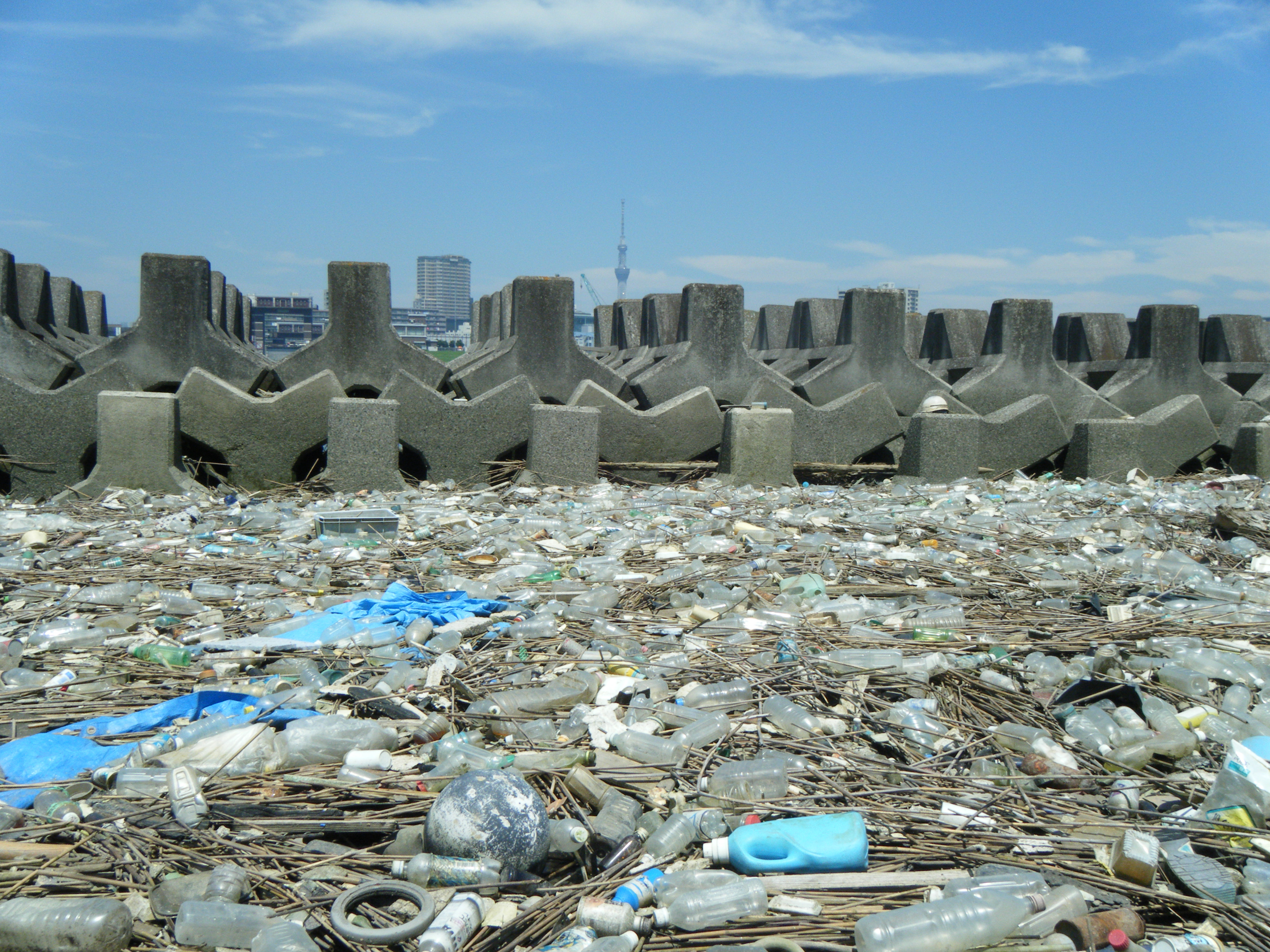Plastic is part of the fabric of everyday life, from bags to bottles to synthetic clothing. In 2014, global production amounted to 311 million tons, up from 225 million tons in 2004, according to manufacturers group Plastics Europe.
Plastic waste now litters the Earth, with much of it ending up in the oceans in the form of tiny fragments, or microplastics. Moreover, they absorb toxic chemicals and are being ingested by marine animals and climbing the food chain.
Experts warn that the environmental and health impact of microplastics is huge. Microplastics were highlighted as one of the key challenges at the Group of Seven environmental ministers' meeting in the city of Toyama in May.



















With your current subscription plan you can comment on stories. However, before writing your first comment, please create a display name in the Profile section of your subscriber account page.